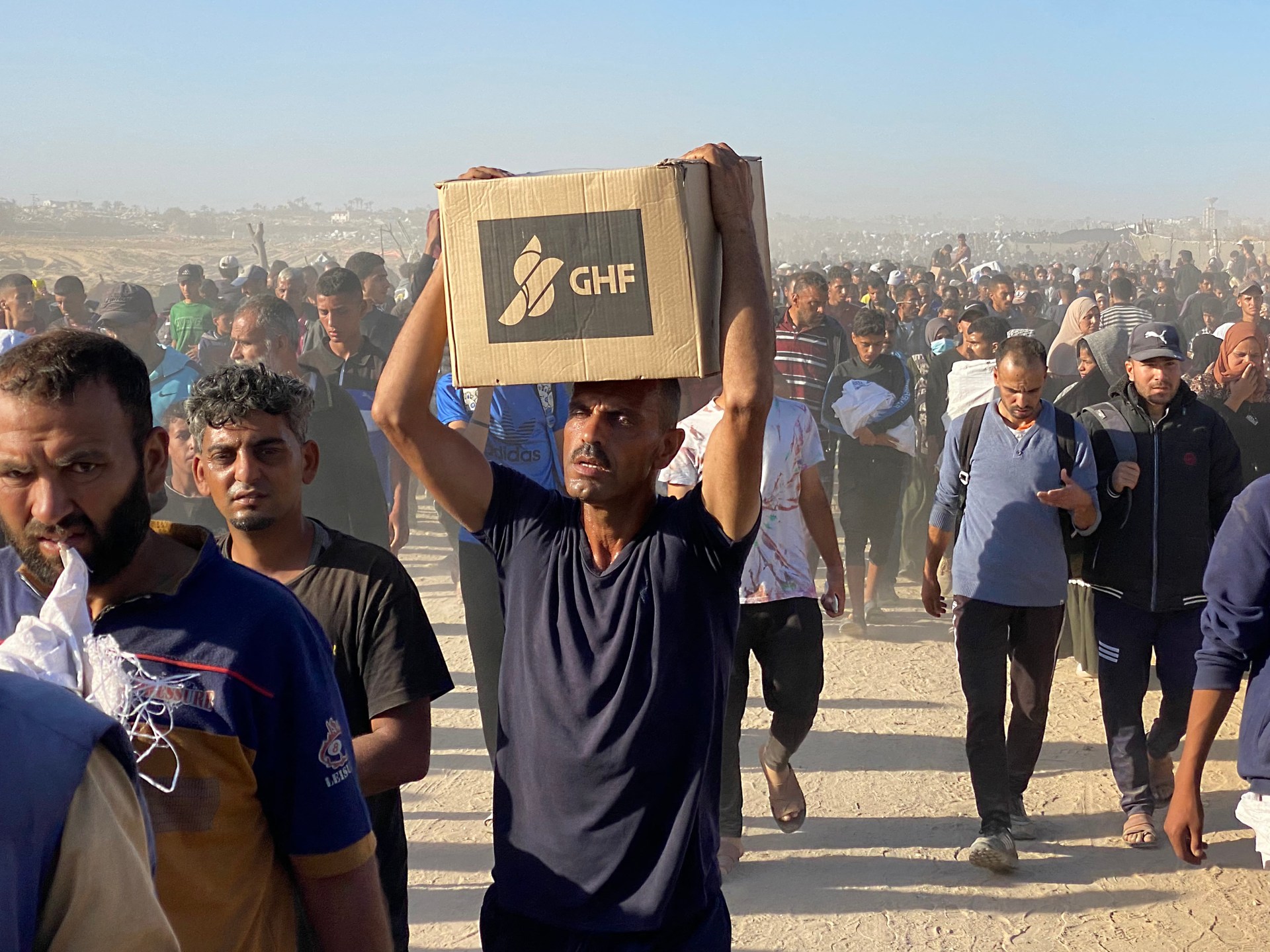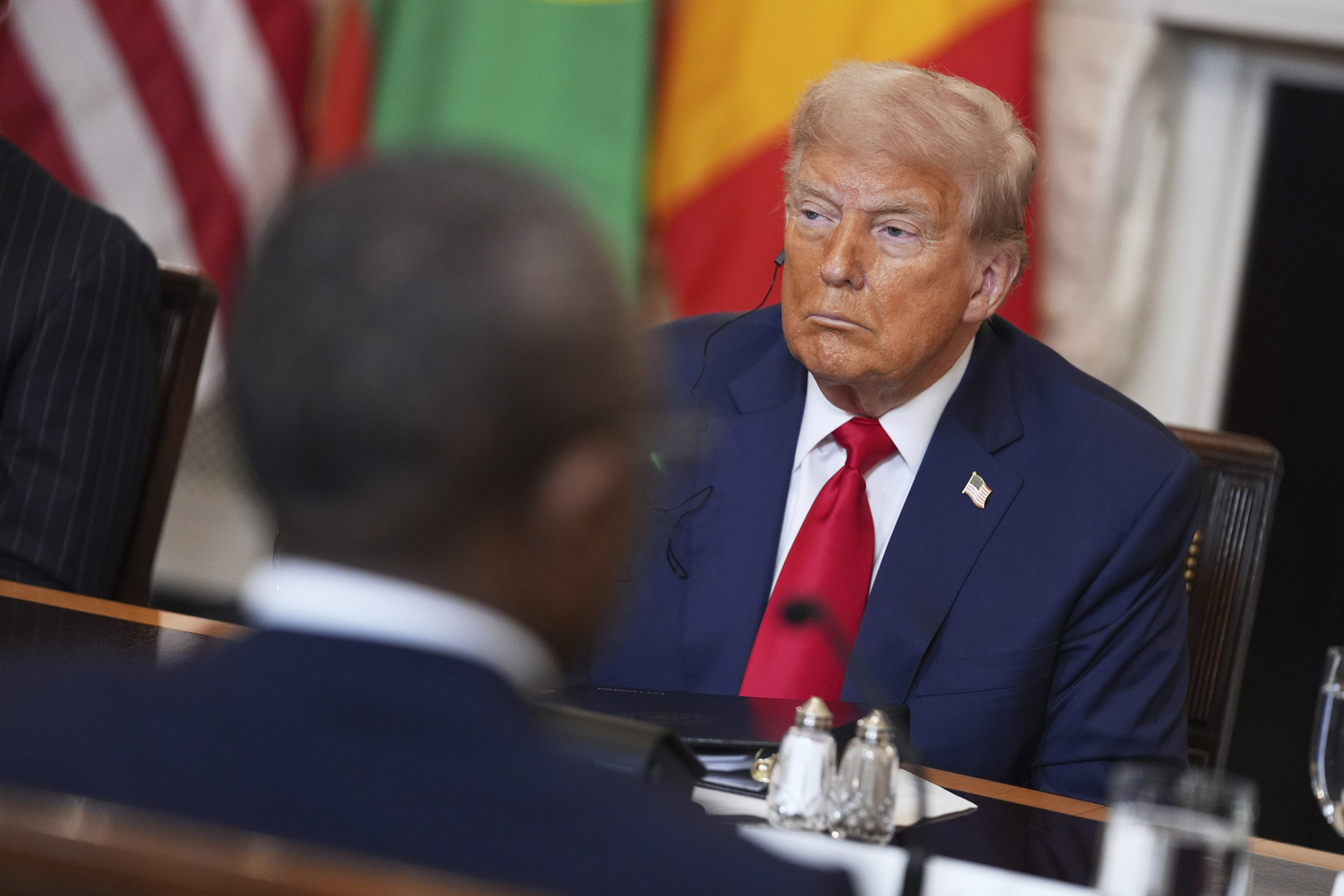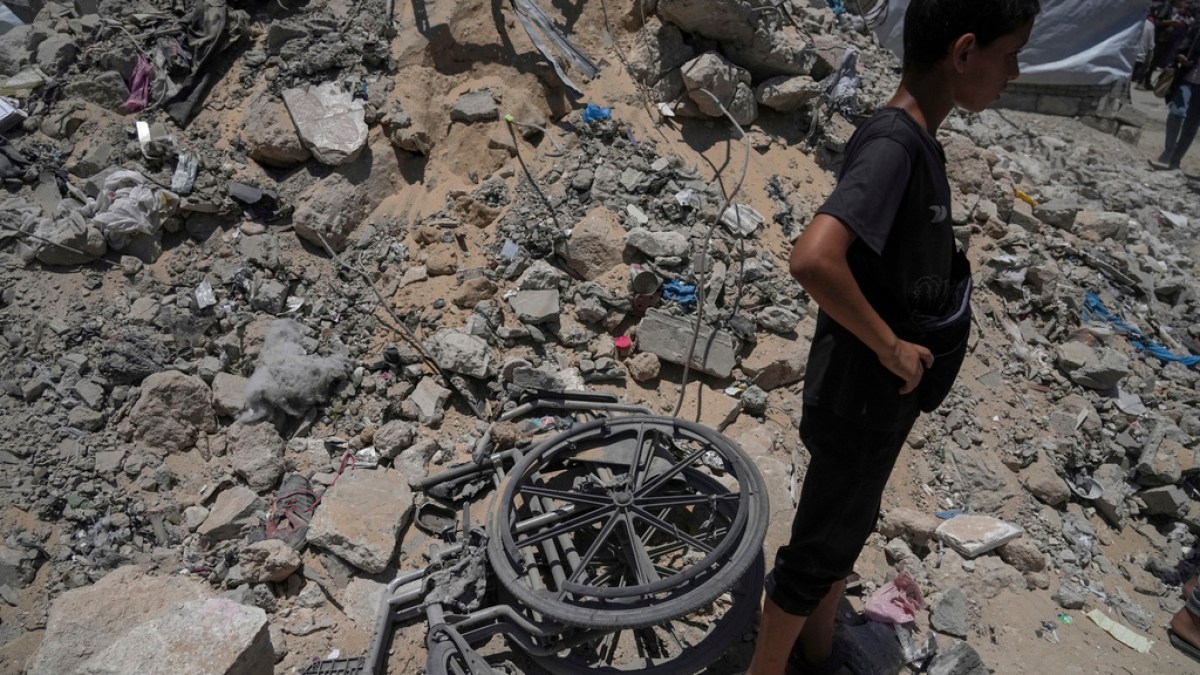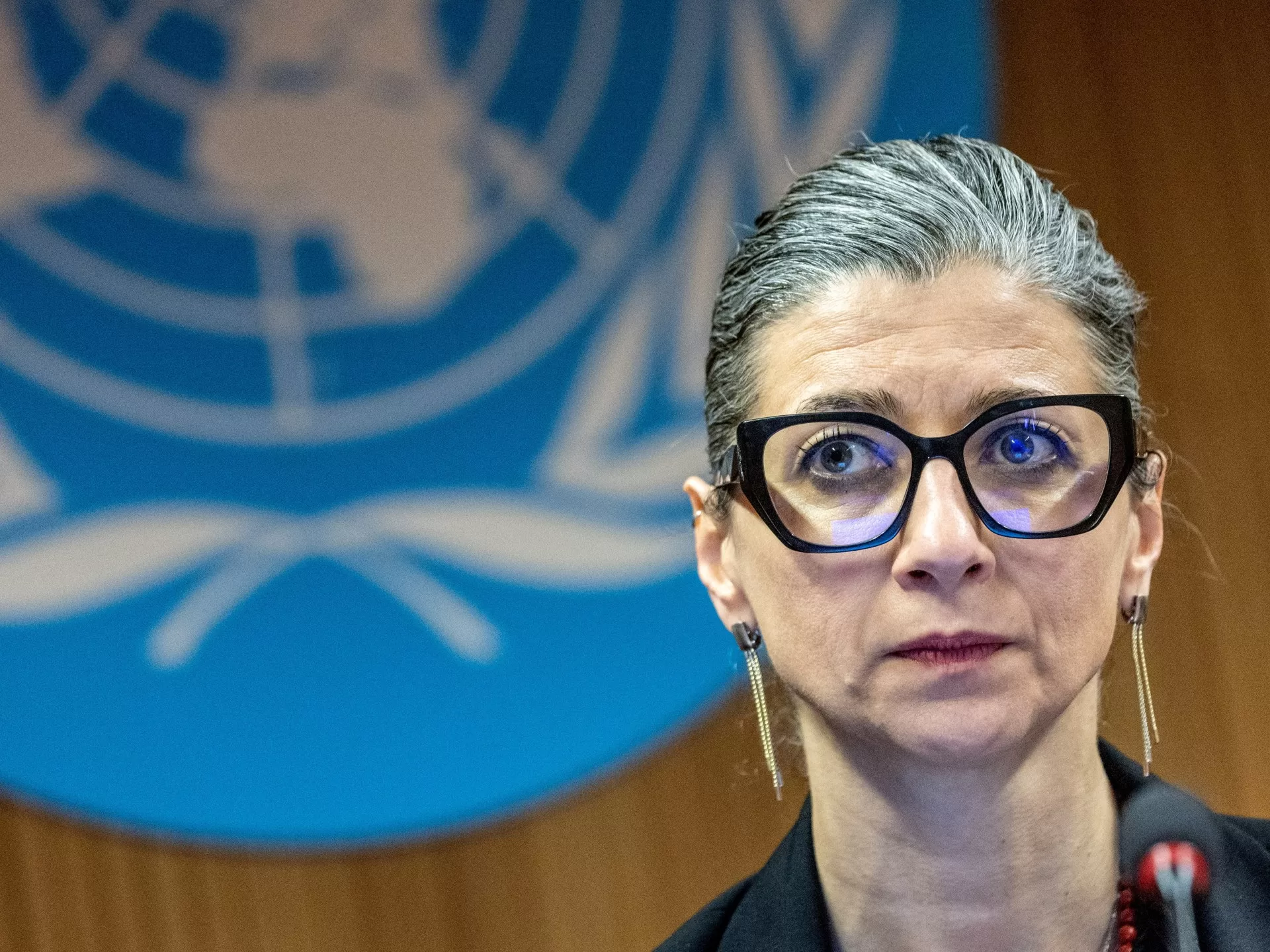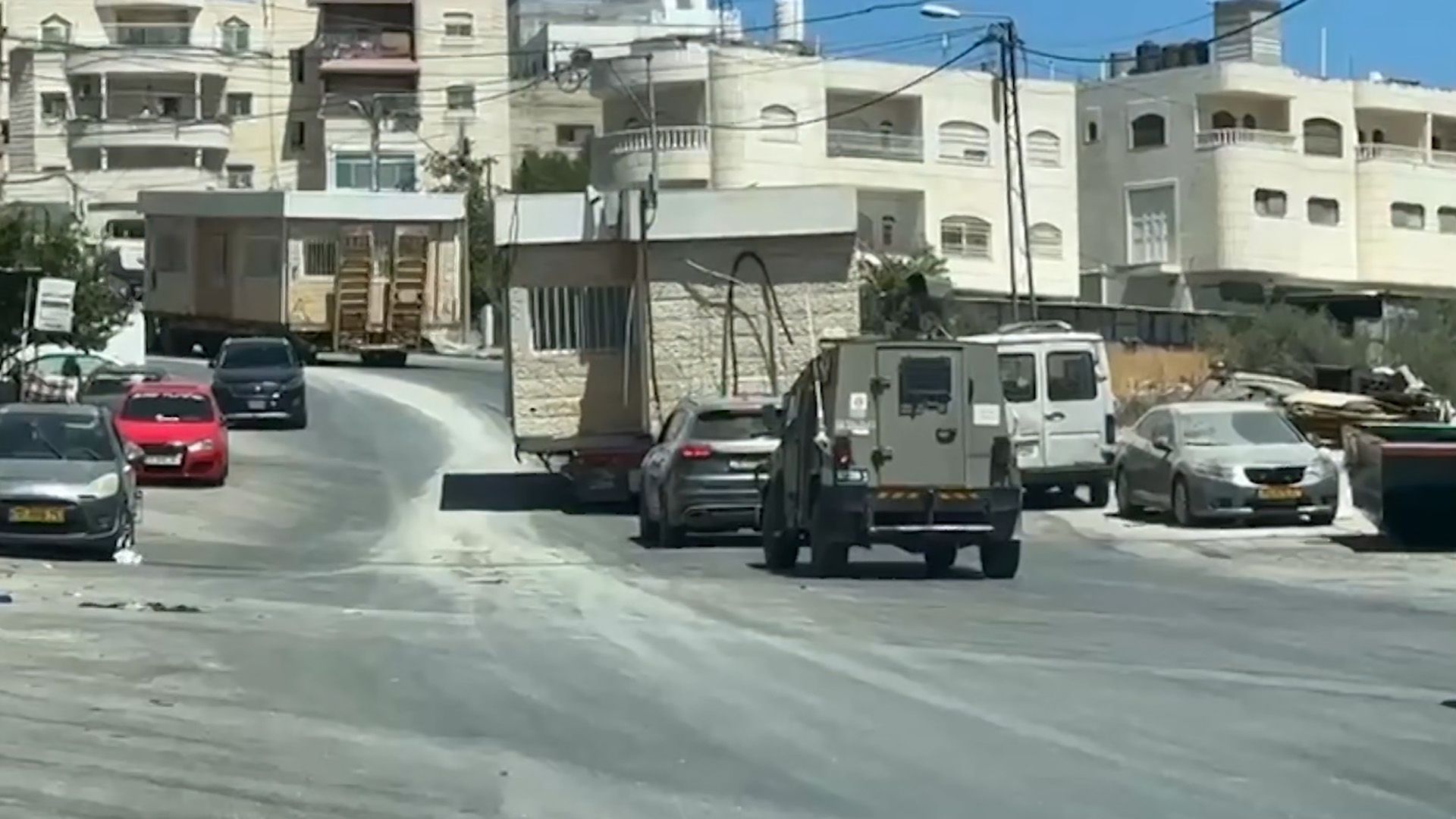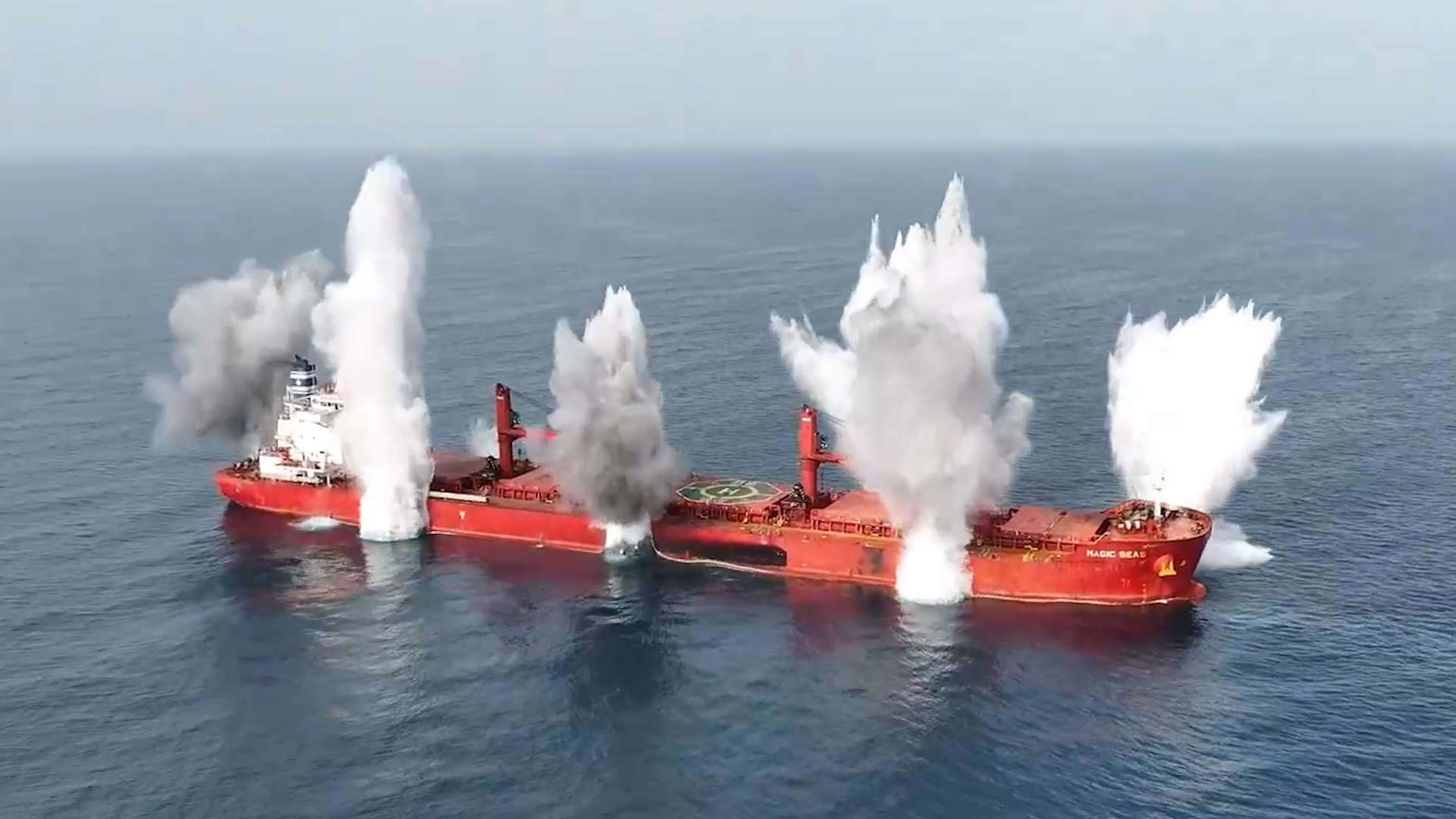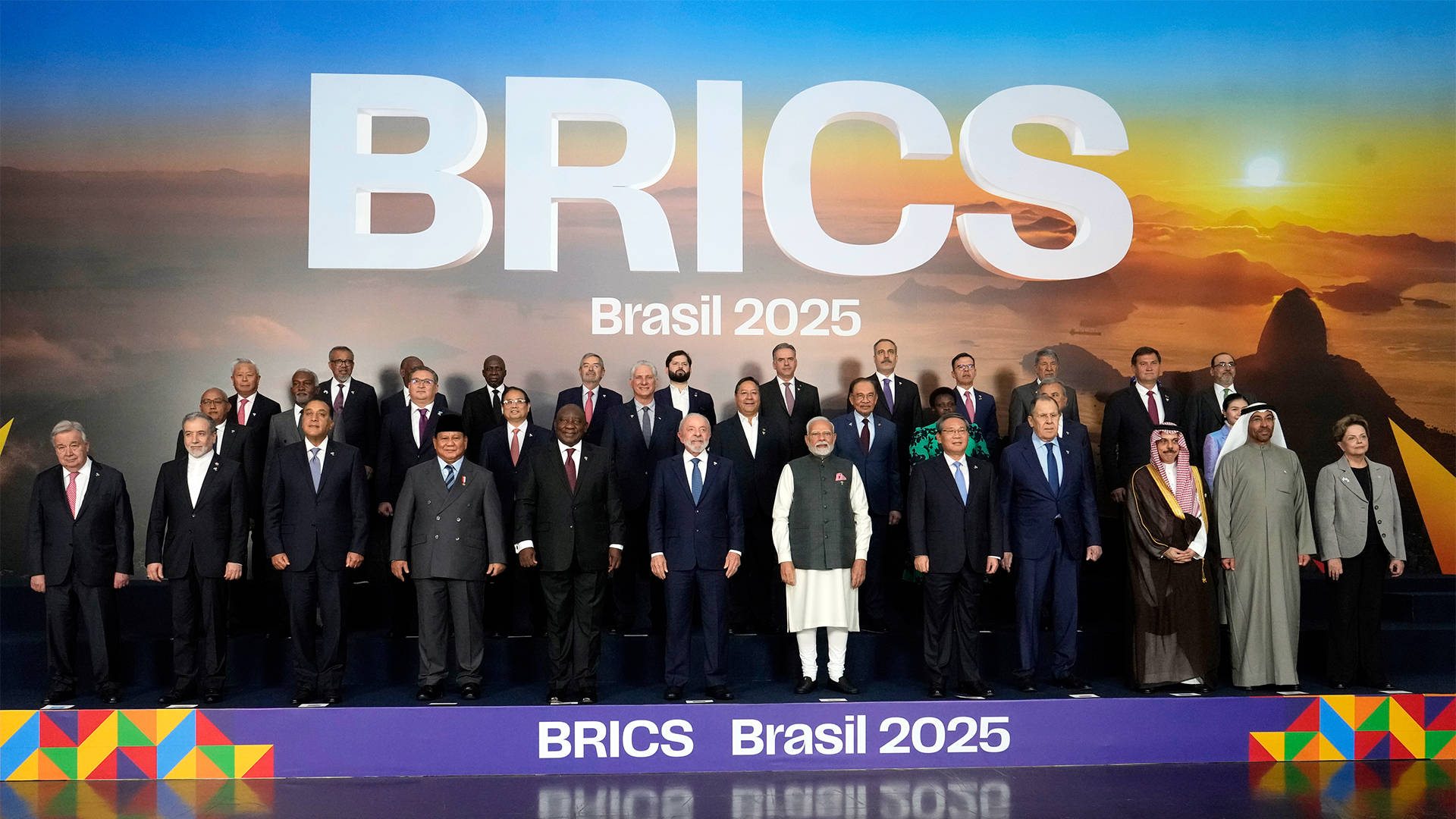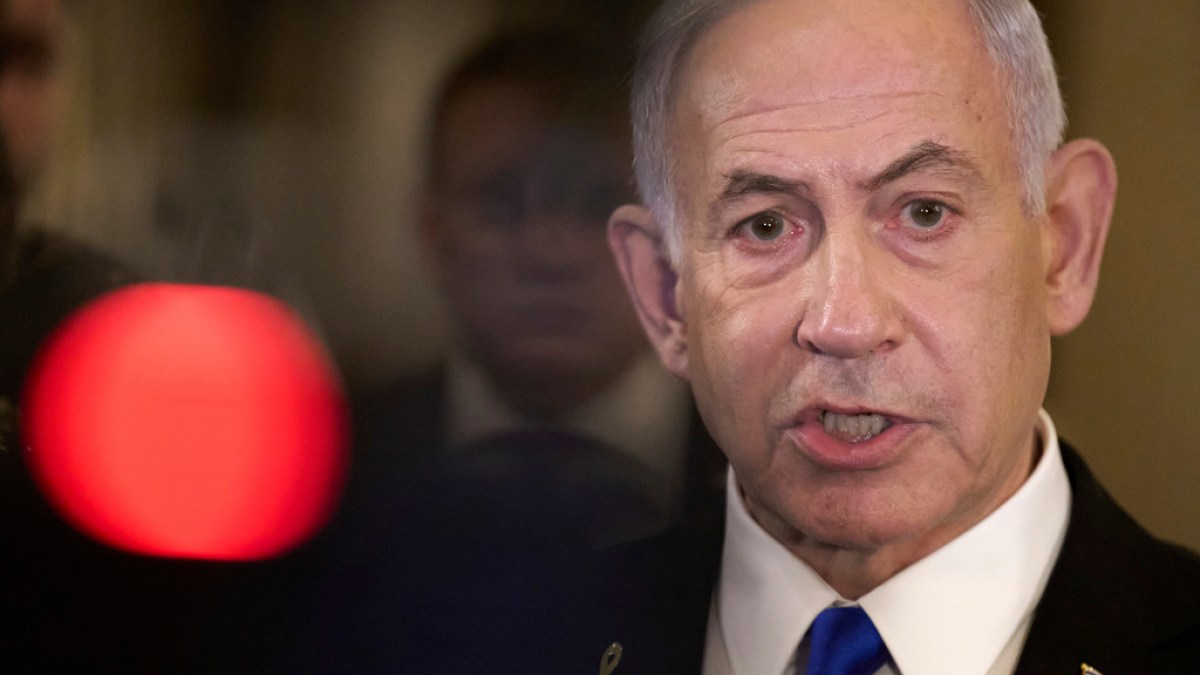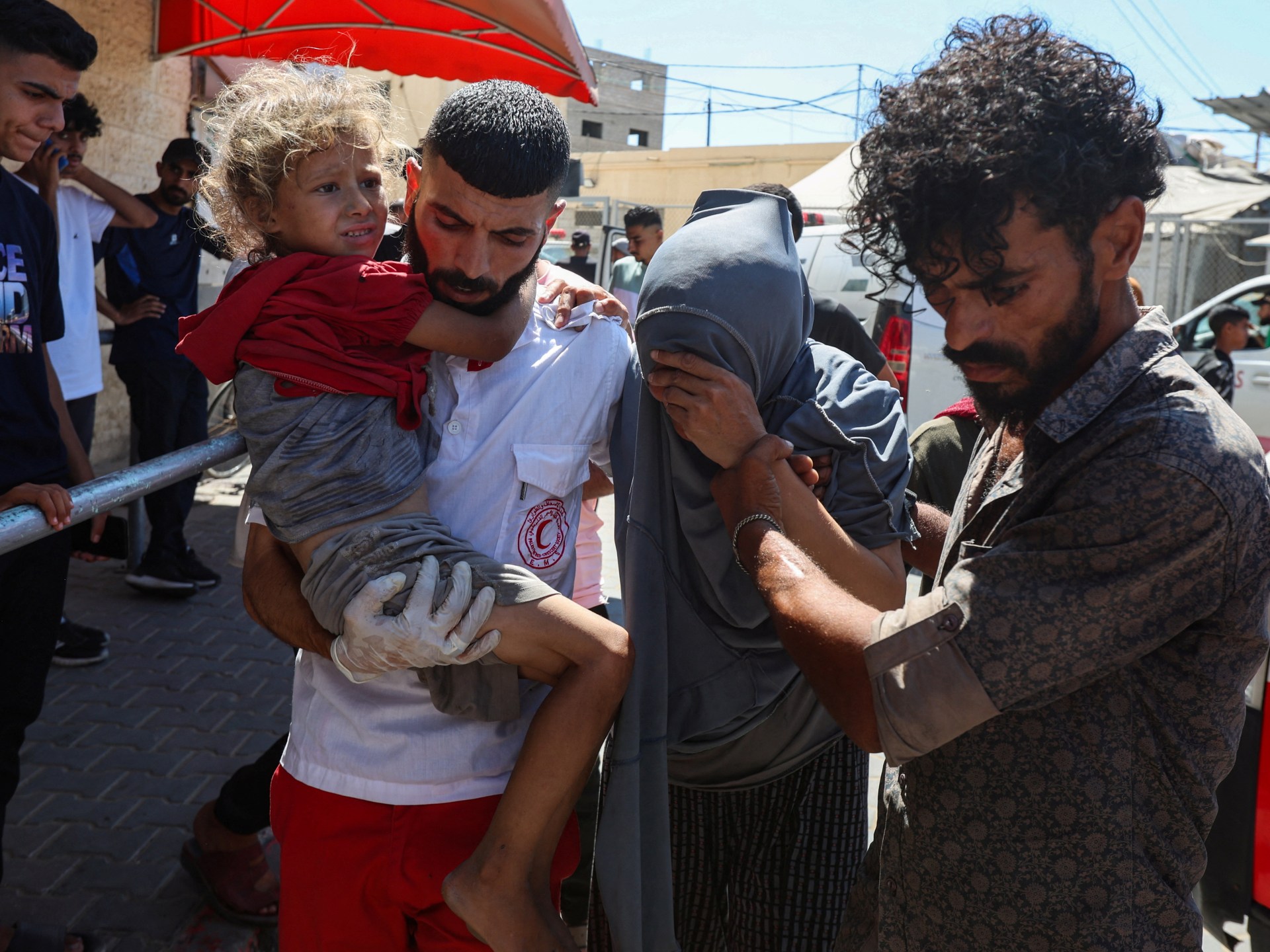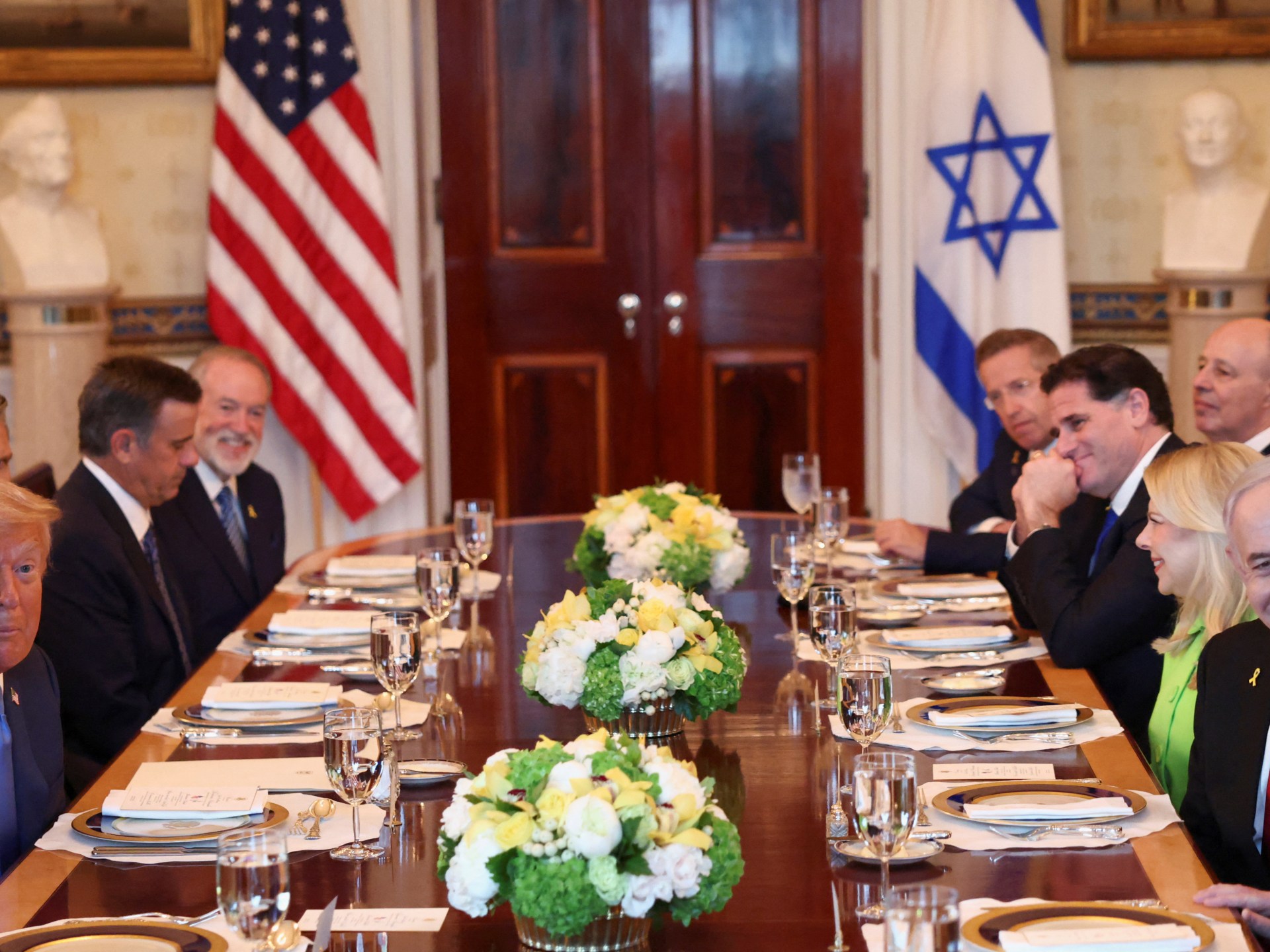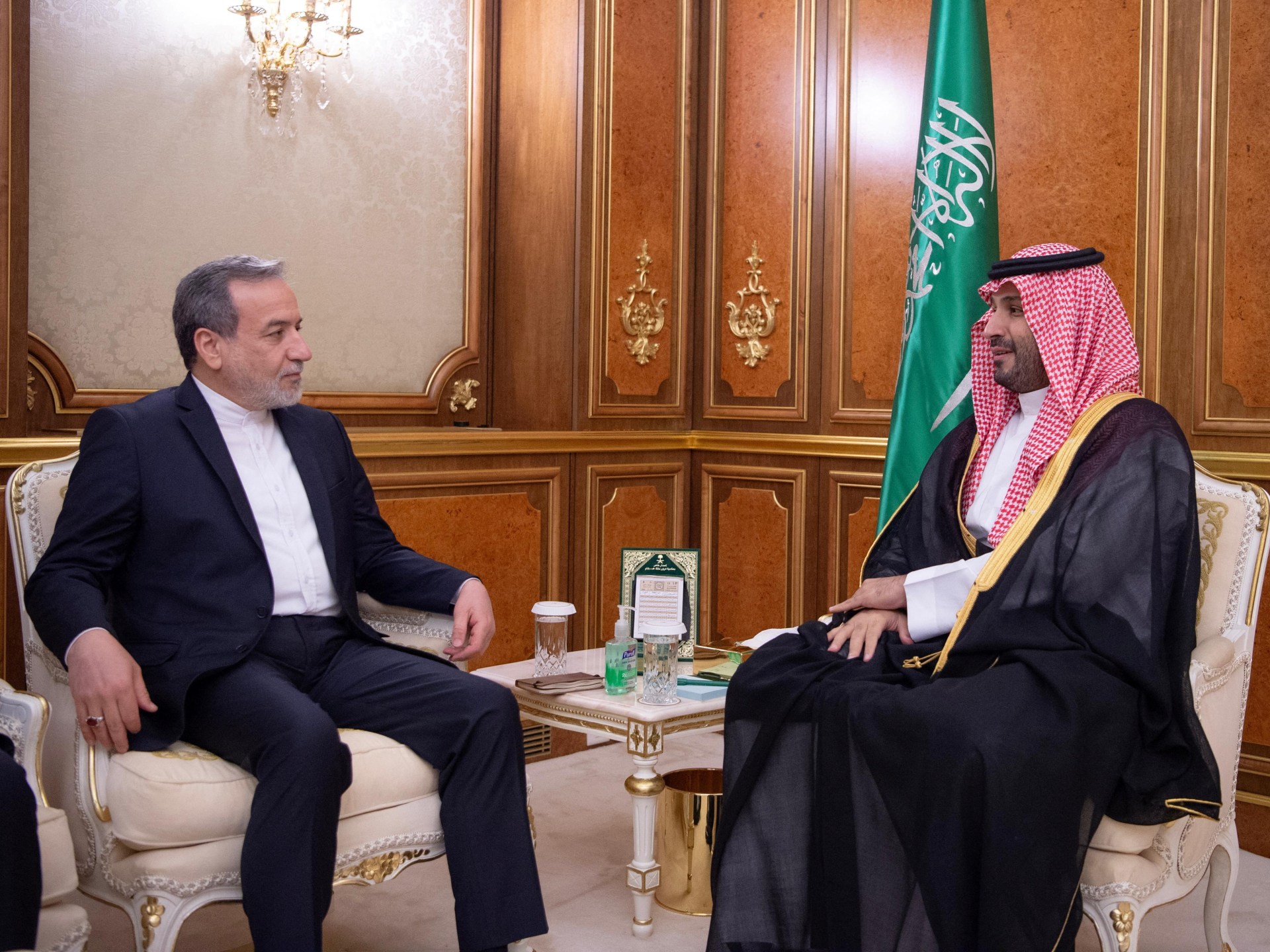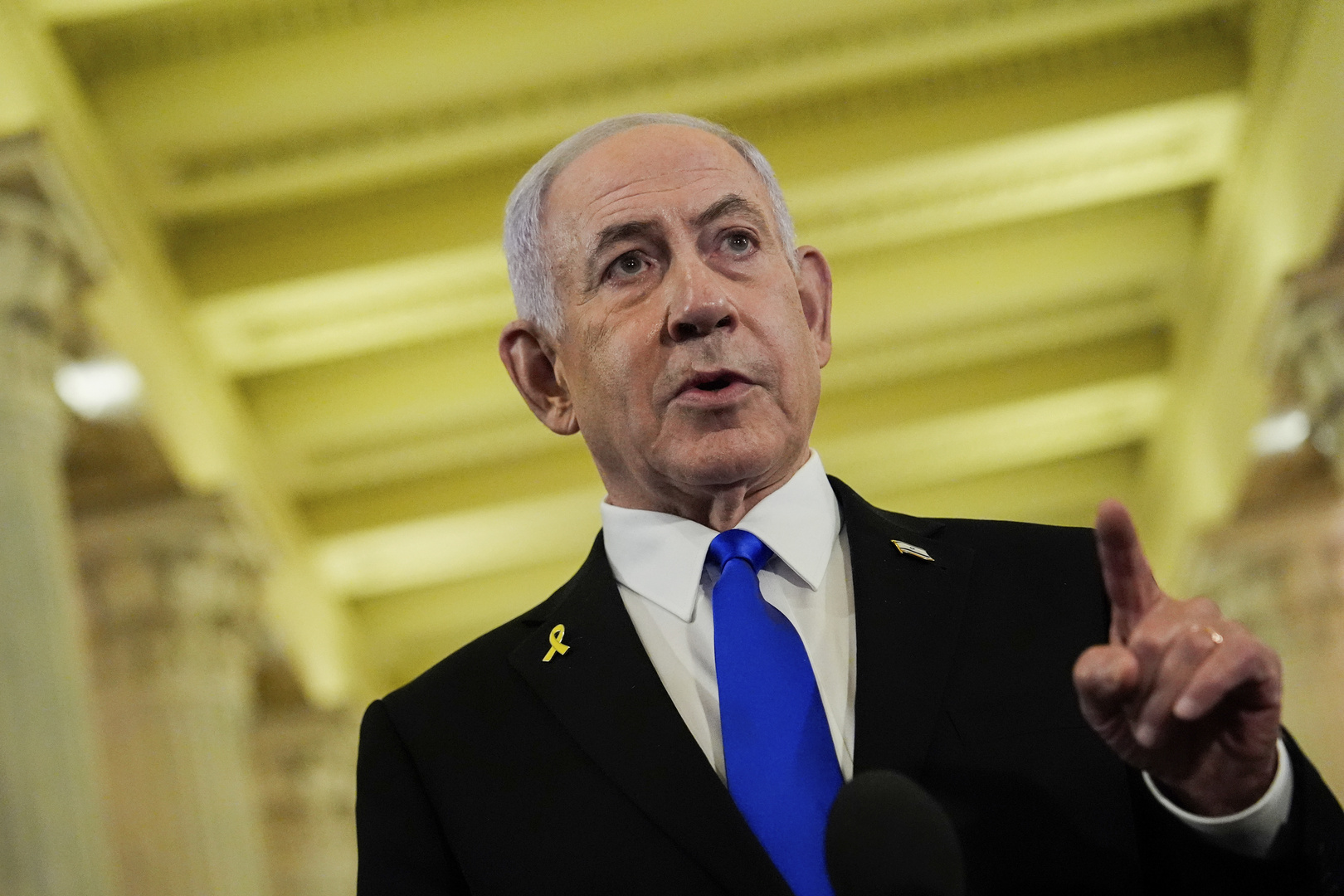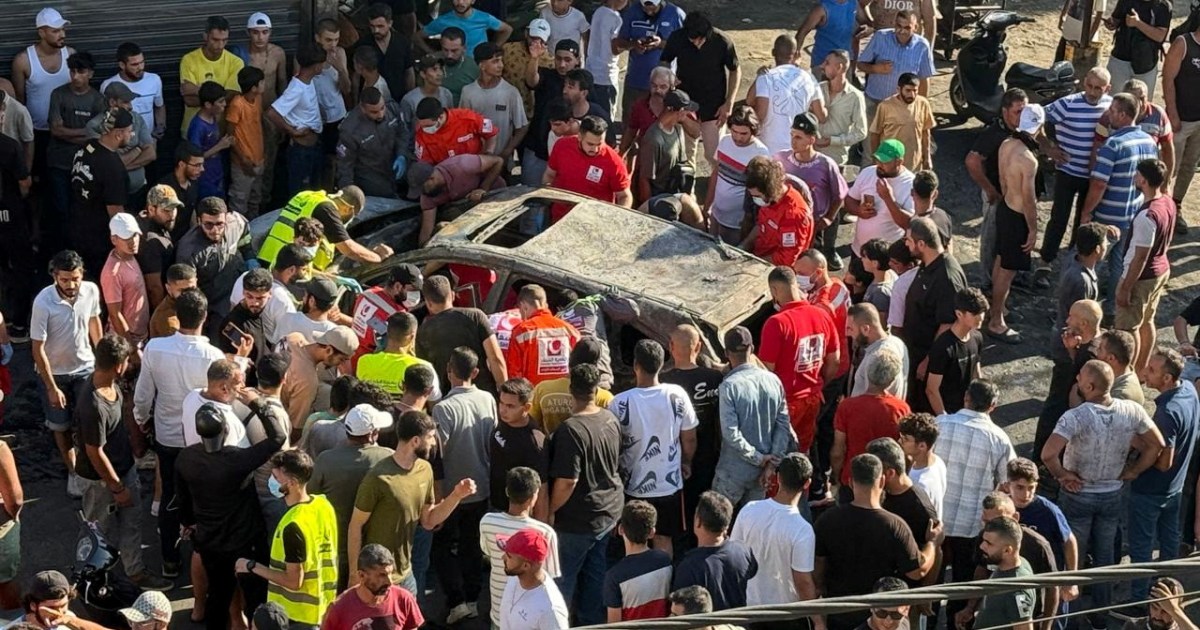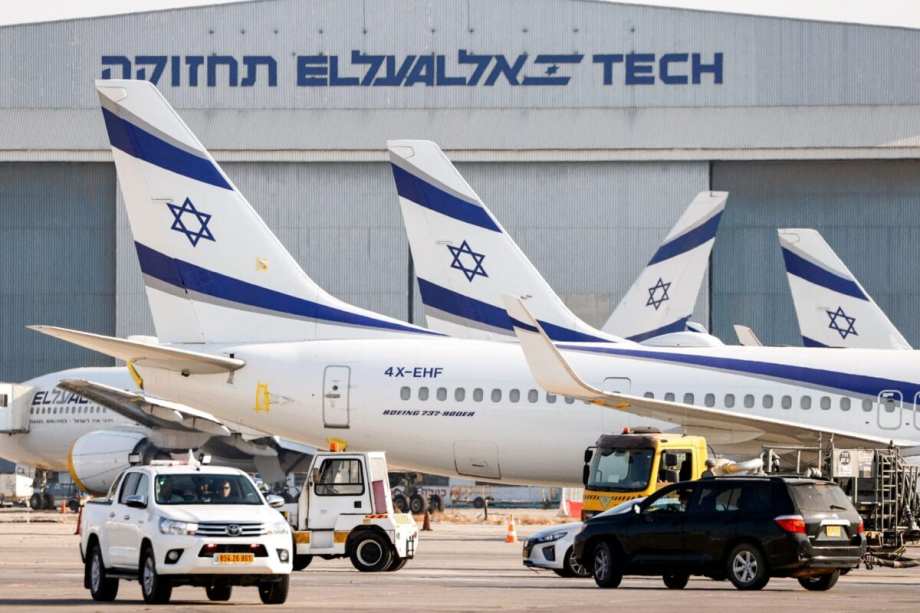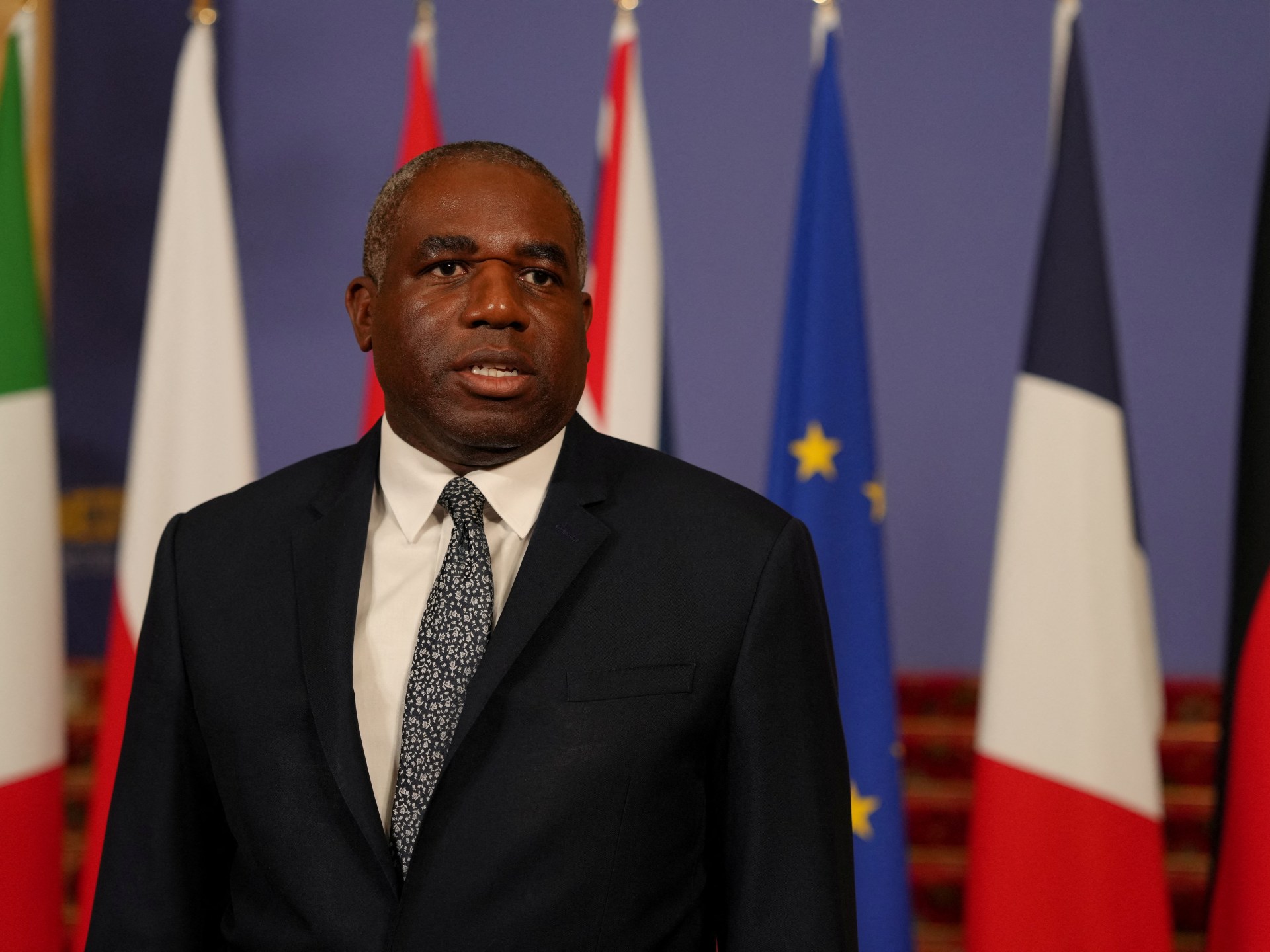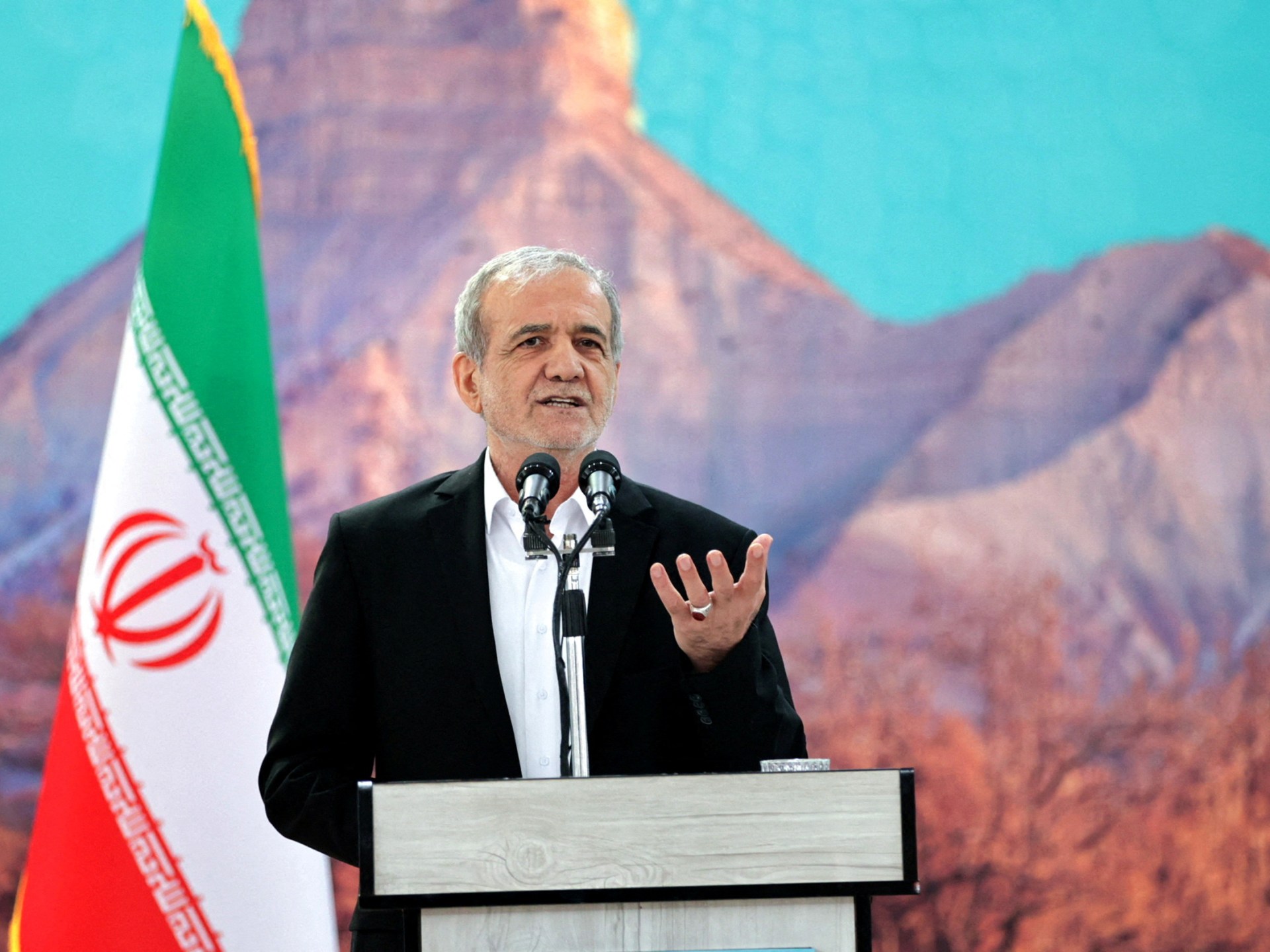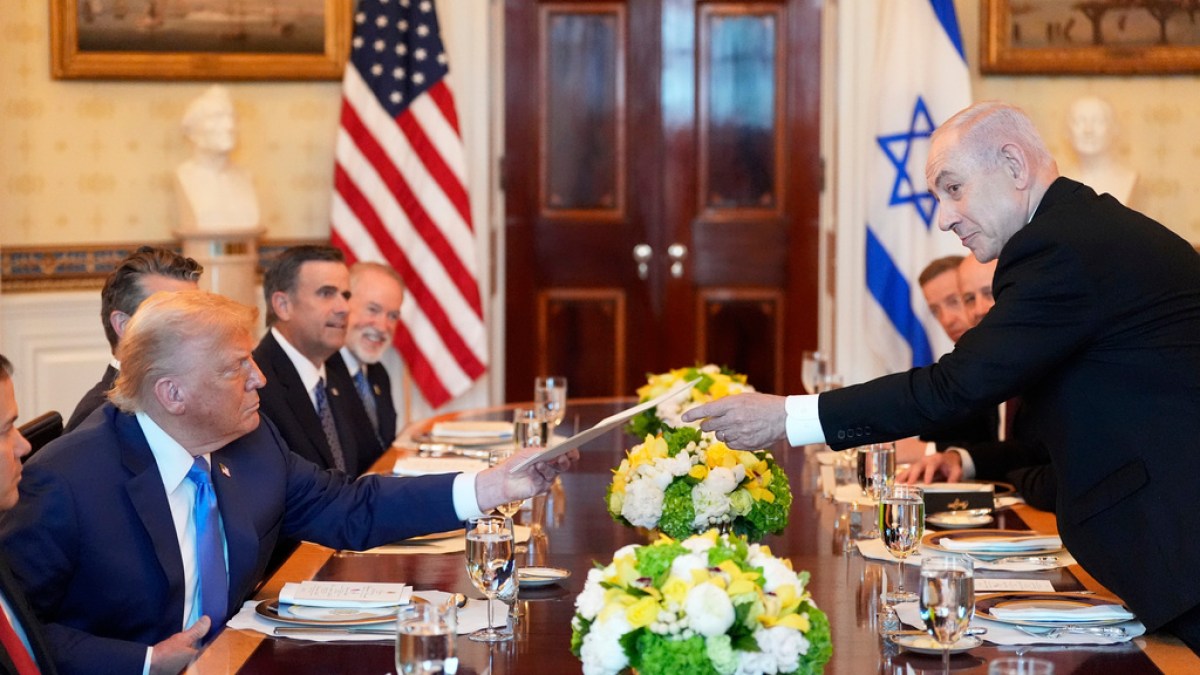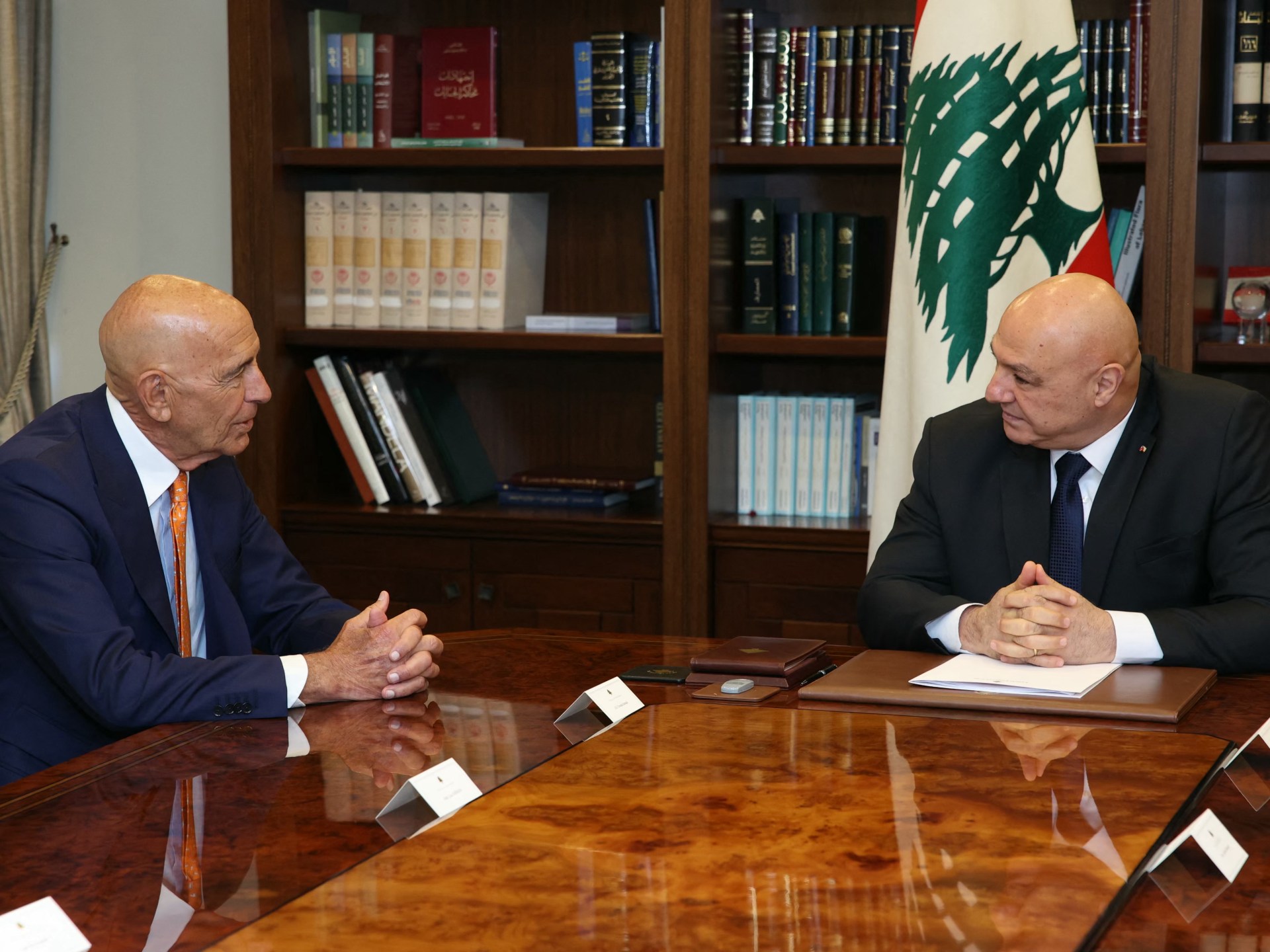More than 100 premature babies in Gaza at risk as hospitals run out of fuel | Israel-Palestine conflict News
Two of Gaza’s largest hospitals have issued desperate pleas for help, warning that fuel shortages caused by Israel’s siege could soon turn the medical centres into “silent graveyards”.
The warnings from al-Shifa Hospital in northern Gaza City and Nasser Hospital in southern Khan Younis came on Wednesday, as Israeli forces continued to bombard the Palestinian enclave, killing at least 74 people.
Muhammad Abu Salmiyah, the director of al-Shifa Hospital, Gaza’s largest facility, told reporters that the lives of more than 100 premature babies and some 350 dialysis patients were at risk.
“Oxygen stations will stop working. A hospital without oxygen is no longer a hospital. The lab and blood banks will shut down, and the blood units in the refrigerators will spoil,” Salmiyah said.
“The hospital will cease to be a place of healing and will become a graveyard for those inside,” he said.
Abu Salmiyah went on to accuse Israel of “trickle-feeding” fuel to Gaza’s hospitals, and said that al-Shifa’s dialysis department had already been shut down to conserve power for the intensive care unit and operating rooms, which cannot be without electricity for even a few minutes.
‘Final hours’
In Khan Younis, the Nasser Medical Complex said it, too, has entered “the crucial and final hours” due to the fuel shortages.
“With the fuel counter nearing zero, doctors have entered the battle to save lives in a race against time, death, and darkness,” the hospital said in a statement. “Medical teams fight to the last breath. They have only their conscience and hope in those who hear the call – save Nasser Medical Complex before it turns into a silent graveyard for patients who could have been saved.”
Mohammed Sakr, a spokesman for the hospital, told the Reuters news agency that the facility needs 4,500 litres (1,189 gallons) of fuel per day to function, but it now has only 3,000 litres (790 gallons) – enough to last 24 hours.
Sakr said doctors are performing surgeries without electricity or air conditioning, and the sweat from staff is dripping into patients’ wounds, risking infection.
A video from Nasser Hospital, posted on social media, shows doctors sweating profusely as they perform a surgery.
“Everything is turned off here. The air conditioning is turned off. No fans,” a doctor says in the video as he demonstrates conditions in the ward. “All the staff are exhausted, they are complaining [about the] high temperature.”
Israel’s relentless bombardment has decimated Gaza’s healthcare system in the 21 months since it launched its assault on the Palestinian enclave in the wake of the Hamas-led attacks of October 7, 2023.
Since then, there have been more than 600 recorded attacks on health facilities in Gaza, according to the World Health Organization (WHO). As of May this year, only 19 of Gaza’s 36 hospitals remain partially operational, with 94 percent of all hospitals damaged or destroyed.
Israeli forces have also killed more than 1,500 health workers in Gaza, and detained 185, according to official figures.
The WHO, meanwhile, has described Gaza’s health sector as being “on its knees”, with shortages of fuel, medical supplies and frequent arrivals of mass casualties from Israeli attacks.
Suffocating siege
Marwan al-Hams, the director of field hospitals in Gaza, told Al Jazeera that “hundreds” of people could die in the territory if fuel supplies are not brought in urgently.
This includes “dozens” of premature babies who could die within the next two days, he said. Dialysis and intensive care patients would also lose their lives, he said, adding that the injuries of the wounded were worsening amid deteriorating conditions, while diseases like meningitis were spreading.
UNICEF spokesperson James Elder, who recently returned from Gaza, said, “You can have the best hospital staff on the planet”, but if they are denied medicine and fuel, operating a health facility “becomes an impossibility”.
Israel has imposed a suffocating siege on Gaza since early March.
Over the past weeks, it has allowed some food into Gaza to be distributed through a United States-backed group at sites where hundreds of aid seekers have been shot dead by Israeli soldiers.
But fuel has not entered the territory in more than four months.
“What little fuel remains is already being used to power the most essential operations – such as intensive care units and water desalination – but those supplies are running out fast, and there are virtually no additional accessible stocks left,” the UN’s humanitarian agency (OCHA) said on Tuesday.
“Hospitals are rationing. Ambulances are stalling. Water systems are on the brink. The deaths this is likely causing could soon increase sharply unless the Israeli authorities allow new fuel in – urgently, regularly and in sufficient quantities.”
Israel’s war on Gaza has killed at least 57,575 people and wounded 136,879, according to Gaza’s Health Ministry. An estimated 1,139 people were killed in Israel during the October 7, 2023 attacks, and more than 200 were taken captive.

